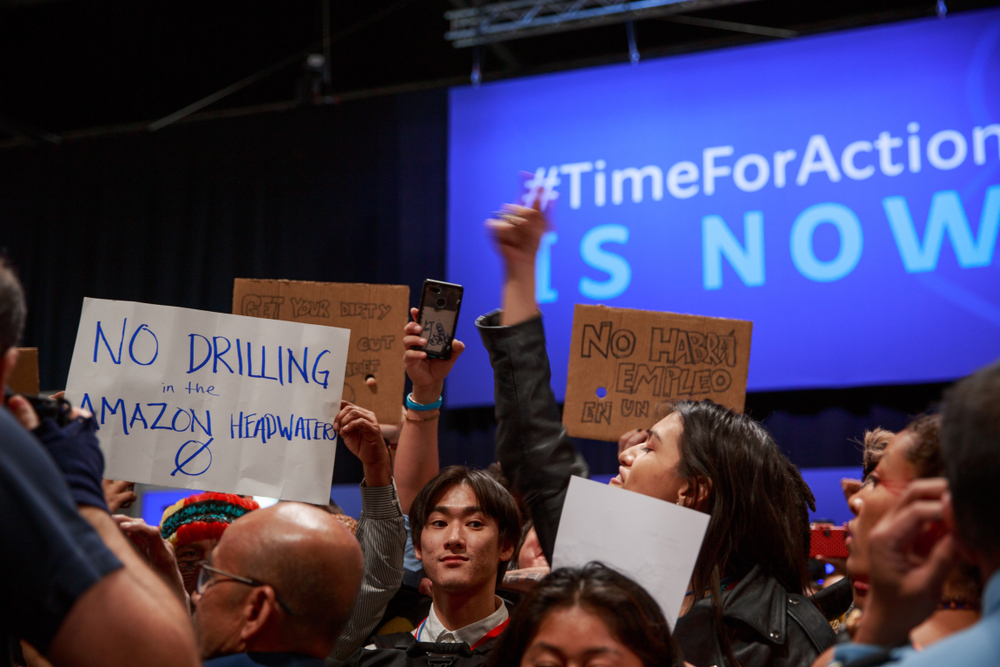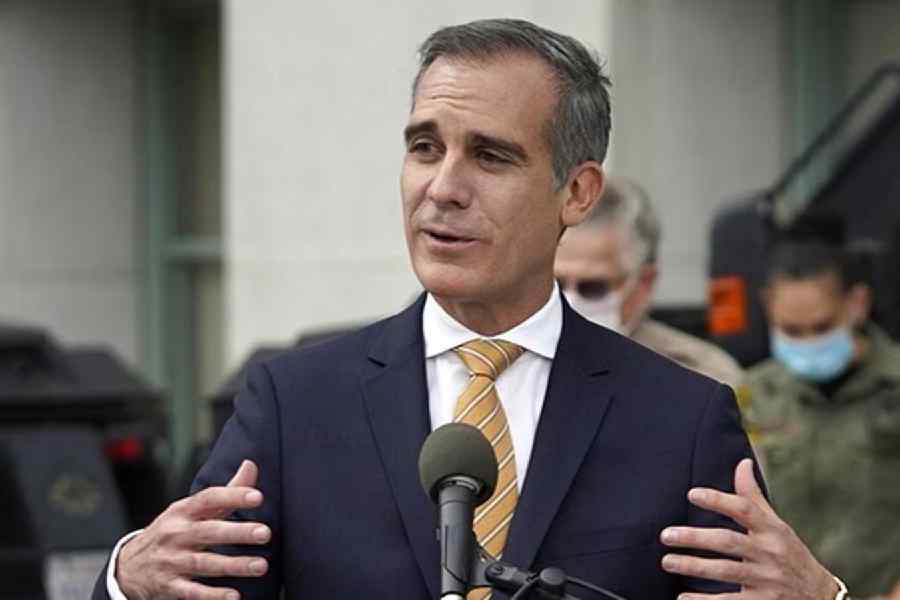Madrid has passed the buck to Glasgow. The climate conference in the Spanish city, which apparently witnessed the longest stretch of deliberations among squabbling nations, has yielded very little in terms of meaningful intervention. The hope now is that Glasgow, where the next round of talks is scheduled to be held, will do better than Madrid. But this could be wishful thinking, given the inertia in the global leadership. The absence of concrete action, or even unanimity, is unforgivable, especially when it is seen in the light of the mounting scientific evidence pointing to a catastrophe that is drawing closer. In a special report, the Intergovernmental Panel on Climate Change has said that unless urgent measures are undertaken to curb emissions, the world is headed towards a significant rise in temperature in as little a span as 11 years, leading to disastrous consequences for ecosystems, nations — including India — and people. Climate change would also turn out to be a great leveller, flattening economies, big and small. Astoundingly, Madrid witnessed several instances of regression in the fight for the planet. The cause of climate liability — supporting vulnerable nations that have incurred damages linked to the changing climate — has been weakened on account of the manipulation of influential economies. The developed nations refused to enhance their nationally determined contributions that they had pledged as part of the Paris Agreement. This resistance is inexplicable; even criminal. Credible data suggest that countries must increase their current NDCs five-fold if the world is to contain the rise in temperature within 1.5 degrees Celsius above pre-industrial levels. There was considerable heartburn among the delegates over the issue of trade in carbon credits. Over 70 nations did declare that they would increase their NDCs, but this list does not include the top carbon emitters.
Madrid has revealed, yet again, a fundamental flaw in climate negotiations. There is a fatal lack of ambition in the global political fraternity to formulate decisive policies to prevent a disaster. Profiteering at the expense of the planet continues unabated, even though there are signs of change on the ground. Demonstrations demanding urgent, equitable action are beginning to be a common sight in many corners of the globe. Holding politicians accountable for their indifference to the degradations in the environment is the only option left. But by the time climate becomes an agent of political change, there may not be much left to be saved.












